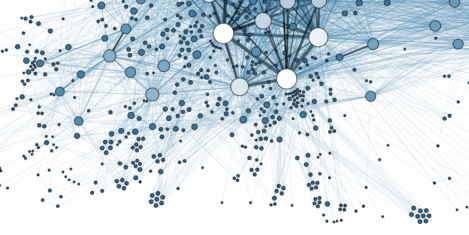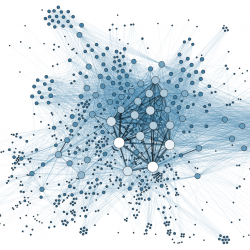September 24, 2018
Executives understand the importance of big data but have little idea what to do with it
 When board members in big firms make critical decisions about their organisations, it is almost always behind closed doors. So exactly how and if senior leaders draw on big data factors in their decision-making is largely unexplained. Researchers from Brunel University studied top-level decisions by board managers at 19 organisations in manufacturing, finance, consultancy, IT and air travel. The study, published in the Journal of Business Research looked at how board managers think and act and the mental models and skills they use to weigh up big data. Directors, it suggests, recognise big data’s potential to improve their decision-making. But many admit feeling ill-equipped to do this, whether through their own technical skills or the new type of non-linear thinking needed. More →
When board members in big firms make critical decisions about their organisations, it is almost always behind closed doors. So exactly how and if senior leaders draw on big data factors in their decision-making is largely unexplained. Researchers from Brunel University studied top-level decisions by board managers at 19 organisations in manufacturing, finance, consultancy, IT and air travel. The study, published in the Journal of Business Research looked at how board managers think and act and the mental models and skills they use to weigh up big data. Directors, it suggests, recognise big data’s potential to improve their decision-making. But many admit feeling ill-equipped to do this, whether through their own technical skills or the new type of non-linear thinking needed. More →































November 18, 2013
Interview: Dave Coplin of Microsoft on Big Data, engagement and culture
by Mark Eltringham • Comment, Technology, Workplace, Workplace design
More →